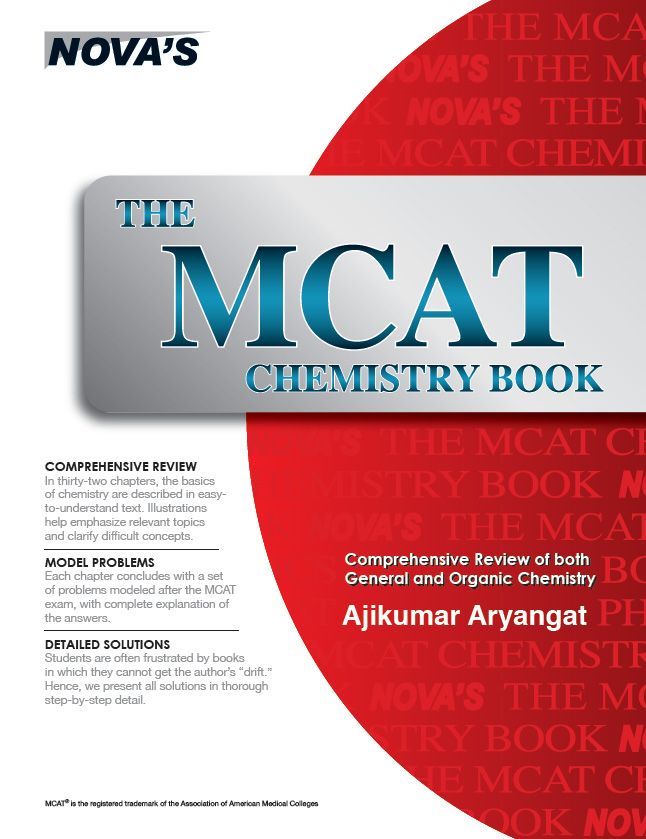
Additional educational titles from Nova Press (available at novapress.net):
 GRE Prep Course (624 pages, includes software)
GRE Prep Course (624 pages, includes software)
GRE Math Prep Course (528 pages)
 GMAT Prep Course (624 pages, includes software)
GMAT Prep Course (624 pages, includes software)
GMAT Math Prep Course (528 pages)
GMAT Data Sufficiency Prep Course (422 pages)
 Master The LSAT (560 pages, includes software, and 2 official LSAT exams)
Master The LSAT (560 pages, includes software, and 2 official LSAT exams)
Ace The LSAT Logic Games (504 pages)
Law School Basics: A Preview of Law School and Legal Reasoning (224 pages)
 The MCAT Physics Book (444 pages)
The MCAT Physics Book (444 pages)
The MCAT Biology Book (412 pages)
 SAT Prep Course (640 pages, includes software)
SAT Prep Course (640 pages, includes software)
SAT Math Prep Course (480 pages)
 ACT Math Prep Course (247 pages)
ACT Math Prep Course (247 pages)
ACT Verbal Prep Course (402 pages)
 Scoring Strategies for the TOEFL iBT: (800 pages, includes audio CD)
Scoring Strategies for the TOEFL iBT: (800 pages, includes audio CD)
Speaking and Writing Strategies for the TOEFL iBT: (394 pages, includes audio CD)
500 Words, Phrases, and Idioms for the TOEFL iBT: (238 pages, includes audio CD)
Practice Tests for the TOEFL iBT: (292 pages, includes audio CD)
Americanize Your Language Emotionalize Your Speech! (210 pages)
 Vocabulary 4000: The 4000 Words Essential for an Educated Vocabulary (160 pages)
Vocabulary 4000: The 4000 Words Essential for an Educated Vocabulary (160 pages)
Copyright 2012 by Nova Press
Previous editions: 2006, 2001, 1998
All rights reserved.
Duplication, distribution, or data base storage of any part of this work is prohibited without prior written approval from the publisher.
ISBN-10: 1889057371
ISBN-13: 1889057378
MCAT is a registered service mark of the Association of American Medical Colleges.

9058 Lloyd Place
West Hollywood, CA 90069
Phone: 1-800-949-6175
E-mail:
Website: www.novapress.net
To my parents, Vasu and Nalini Aryangat, for their guidance and encouragement for the pursuit of educational excellence.
CONTENTS
INTRODUCTION
The science portion of the Medical College Admission Test (MCAT) consists of questions that test the basic concepts in general chemistry, organic chemistry, physics, and biology. The concepts are tested with respect to application, problem solving, and analytical thinking. These skills, which are measured by the test, are considered essential in the study of medicine. Most of the questions asked are based on passages. There will be independent questions as well. On the MCAT, the general chemistry questions appear as a part of the physical sciences section, and the organic chemistry questions as a part of the biological sciences section.
The MCAT Chemistry Book provides all the key concepts in general chemistry and organic chemistry that are required for the MCAT. The topic reviews in this book have been written with respect to their relevance to the MCAT.
The MCAT tests your ability to understand new concepts based on undergraduate science courses. Sometimes the passages contain topics and data that you have not seen before. Nevertheless, you do not need advanced courses in chemistry to be successful in the MCAT. All you need is to understand the basic concepts in chemistry. You should be familiar with the common equations and constants that are used in the undergraduate level of studies. For example, simple formulas such as the density-mass equation, or the gas equations may not be given to you in the passages or independent questions. Such simple equations should be memorized. More importantly, you should know how to use the equations in both numerical and conceptual situations. Advanced equations will be provided to you in the passages, if necessary. A periodic table will be provided for both physical and biological science sections of the test.
When studying this book, you should not focus just on facts. You should grasp the reasoning behind the facts and think conceptually about the various ideas in chemistry. The following guidelines will help you maximize your efficiency in reviewing this book.
A Few Guidelines for the Efficient Study of this Book
1) Read the review sections actively.
2) Take side notes as you review the material.
3) Give special attention to the topics that you have forgotten from your undergraduate courses.
4) Plan ahead and give yourself sufficient time for reviewing and studying.
5) Avoid cramming.
6) Create a schedule of study that fits into your daily agenda.
7) Study the examples that are provided, thoroughly and analytically, to understand the concepts discussed.
8) After reviewing each chapter, answer practice questions.
9) After answering the questions, refer to the answers and explanations for the practice questions provided at the end of the book.
Good Luck!
Part I
General Chemistry
Chapter 1
Matter
A. INTRODUCTION
A firm grasp of the basic ideas of division of matter is important for the understanding of physical sciences. These basic ideas presented here are not only used in chemistry and physics, but in many diverse fields such as medicine, engineering, astronomy, geology, and so on. In this chapter, we will discuss ideas about atoms and molecules, and related aspects such as moles, Avogadro number, percentage composition, atomic mass, atomic weight, and subatomic particles.
B. ATOMS
Atoms are the basic units of elements and compounds. In normal chemical reactions, atoms retain their identity. In this section, we will present a quick review of some of the basic terms and concepts such as elements, compounds, and mixtures.
Elements
An element is defined as matter that is made of only one type of atom. Elements are the basic building blocks of more complex matter. Some examples of elements include hydrogen (H), helium (He), potassium (K), carbon (C), and mercury (Hg).
Compounds
A compound is matter formed by the combination of two or more elements in fixed ratios. Lets consider an example. Hydrogen peroxide (H2O2) is a compound composed of two elements, hydrogen and oxygen, in a fixed ratio.
Mixtures
A combination of different elements, or a combination of elements and compounds, or a combination of different compounds is called a mixture. For example, an aqueous solution of potassium hydroxide (KOH + H2O). In this example, the two components are potassium hydroxide and water.
Though these definitions illustrate basic ideas, you need to understand them fully; otherwise it will be almost impossible to decipher higher concepts that are based on these simple ideas. The MCAT tests your understanding of basic concepts by incorporating simple ideas into passages. So in order to succeed on the test, you need to thoroughly understand the basics.
Next page
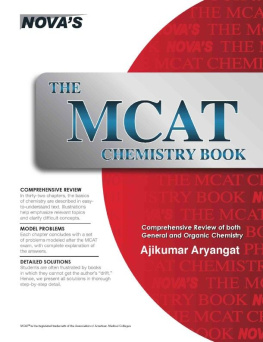
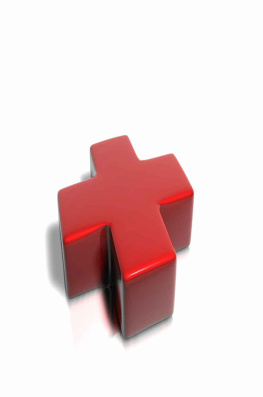

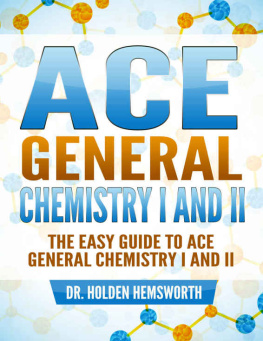
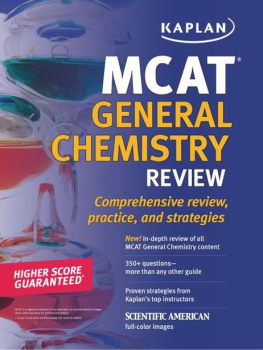
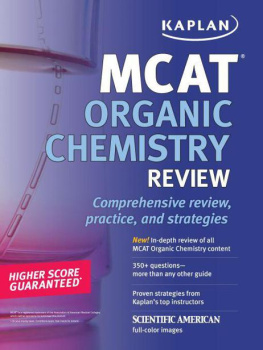

 GRE Prep Course (624 pages, includes software)
GRE Prep Course (624 pages, includes software)